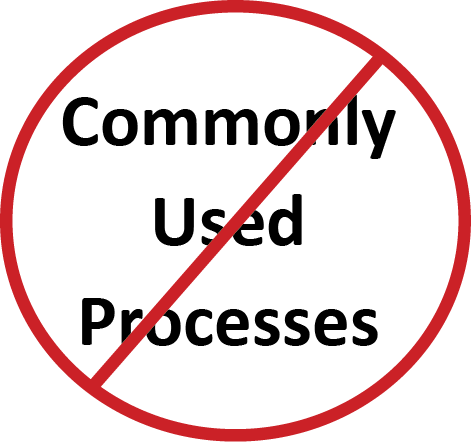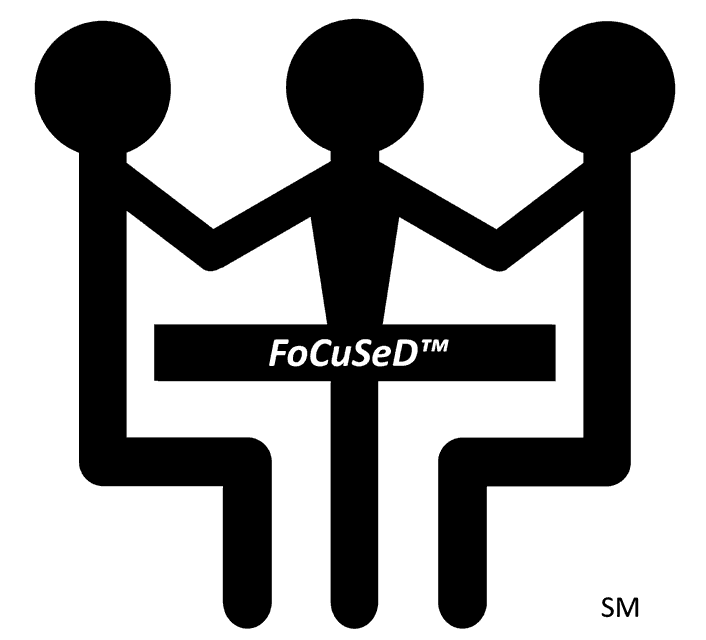
In planning a workshop / meeting agenda, there are many processes you can use, but there are also some that should not be used - Common Process Don'ts. These provide no effective way to make an objective decision.
Common process don'ts that Facilitators should refrain from using.
Pros and Cons
Pros and Cons is a common process don't used by many Facilitators. Synonyms are:
- Pluses and Minuses
- Advantages and Disadvantages
- For and Against
- Strengths and Weaknesses
When one person is deciding between two or more choices, Pros and Cons work well, but when used with two or more people, Pros and Cons are ineffective. Why?
- A pro for one person can be a con for another. In this situation, one wins by attrition - you wear the other person down. Example: In selecting a place to live, "an average annual temperature of 72° F" would be a Pro to someone who wanted a moderate climate year-round while it would be a Con to someone who wanted four distinct seasons.
- There is no effective way to compare. Do you count how many pros versus how many cons? Are all weighted the same?
Subjective Criteria
Subjective Criteria is another common process don't used by many Facilitators. Subjective criteria, e.g., "I like it", "Management Discretion", "Vendor Viability", etc., are meaningless because they mean something different to every person.
Instead - use Objective Criteria - criteria that can be measured.
Two Lists at Once
Two Lists at Once is another common process don't. When Facilitators ask questions of participants such as, "What can we do to keep the office open or what do we do if it closes?", they are asking two questions that require two separate lists. The problem is that the people will begin listing items for the first question, but as soon as someone lists an item for the second question, they focus on the second list, forgetting the first list. The Facilitator also has to continuously ask to which list the item belongs.
Instead - ask one question at a time and develop one list at a time.
Accepting only Two Choices
Accepting only Two Choices is another common process don't. Facilitators are often presented with having to facilitate between two choices - this is win-lose no matter how you word it because there are never only two choices.
Instead - use Win-Win - you generate as many choices as possible, including off-the-wall choices, and then use Objective Criteria and a prioritizing process to select one out of many. 

